There has been a lot of drummin g recently about pay drivers and how they’re degrading our beloved sport. But I have one question: Who exactly do you call a pay driver and what is this formula that equates a sponsored driver to an incompetent one?
g recently about pay drivers and how they’re degrading our beloved sport. But I have one question: Who exactly do you call a pay driver and what is this formula that equates a sponsored driver to an incompetent one?
Some are of the opinion that you can buy a F1 race seat these days. I find that statement to be inherently false. Every driver has to go through the lower series and prove themselves with more than decent results to even have a crack at F1 regardless of sizeable sponsorship. No cabbage can just show up with a wad of cash and land a F1 race seat. That’s just not possible. The level of talent though, is another story and its certainly not measurable in terms of sponsorship money. Each individual case is different and I don’t think that a generalisation is correct or fair.
No pay driver can survive in F1 if he can’t prove his worth. They could very well get into F1 with sponsorship money, but staying there is a whole different ballgame. Look at Senna as a good example. Yes, it makes life harder for the experienced drivers who often have to leave due to lack of sponsorship, but then, if a driver has proven himself to be good enough, no team would let go of him. We can argue that the likes of Kobayashi, Glock, Kovalainen or Sutil deserve a seat, but if you look at it from another perspective, none of these drivers could achieve the big results that would guarantee them a competitive race seat. Seems unfair, given most of these drivers hardly ever had a winning car (though some did and still couldn’t bring home the results) but that’s how sport is. You have a very limited time to make your presence felt and early impressions are very important. Make no mistake though, every driver who manages to break into F1 is immensely talented, but there are some that go another step ahead and that’s when they become an Alonso or Hamilton or Vettel. I could count more than those three when it comes to champion material (Hulkenberg comes to mind), but the point is, if you have enough in you, ideally, you wouldn’t need huge sums of sponsorship money to get a team to keep you or hire you (in most cases).
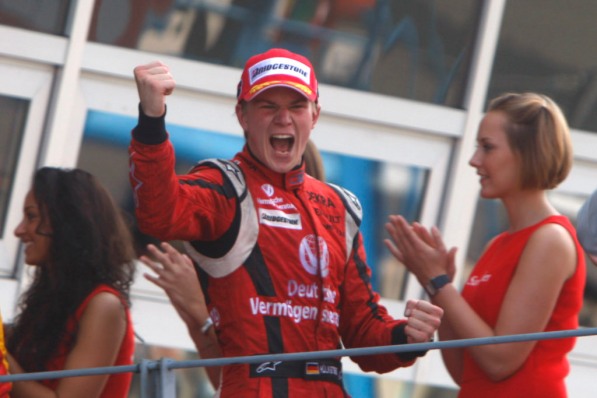
The thing is, if you have made enough good noises in the lower/feeder categories, a team shouldn’t have to think too hard or look at the size of your sponsorship wallet before signing you up. Of course, every single driver needs some sort of sponsorship or it would just not be possible for them to get through the whole routine that starts at an early age with karting and the eventual progression leading to F1 but that’s not the sponsorship we’re talking about. In today’s motor racing world, it would seem like you either have to have some pretty solid, glowing results on your CV or some decent results and solid sponsorship. But, that’s not always the case & there are always exceptions and unusual situations. So, its not fair to tag someone as a pay driver and automatically infer that he would be no good. People were saying similar things about Checo when he got in with Telmex money, look at him now! People said Maldonado was a useless pay driver until he proved how fast he was and that race win was no fluke. Although he managed to turn it all into an overall negative with his over-aggressive driving and countless crashes, he’s certainly not useless.
On the other hand, I’ve seen arguments in for, that new/rookie drivers make too many mistakes or don’t perform as well due to the lack of testing in F1 and they’re thrown into an F1 car with almost no experience or practice. There is some substance to that thought and I would not entirely disagree with it. But, most of these drivers get numerous chances (its a long season) to learn and correct their mistakes. Some do and shine, while others remain error/crash-prone or just don’t improve in pace. So again, a generalisation is simply not possible. The testing ban is not going anywhere and I think its a good thing. It keeps the playing field much more level as opposed to unlimited testing where teams with deeper pockets can obviously gain massive advantages. But it affects everybody the same. Every driver has to live with it. The ones who got in before the ban certainly benefited from it but those benefits only stay in play for the initial period of a driver’s stint in F1. So, that’s not really an excuse for not delivering over an entire season, neither is it the reason why someone else is delivering. Besides, this has nothing to do with sponsorship money/pay driver.
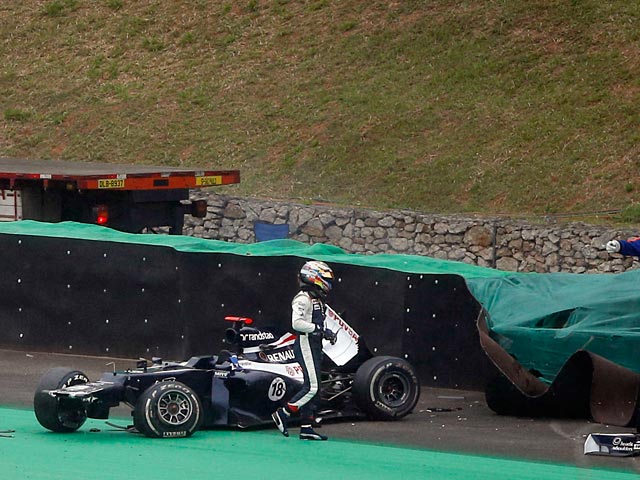
F1 is a pretty ruthless sport and you get chewed and spat out pretty quick if you don’t move fast enough. Mere performance is no guarantee. You have to stand out. You have to surpass expectations. Yes, the machinery plays a very important role in all of this, but then, if you manage to out-deliver your machinery, it won’t go unnoticed. Irrespective of your sponsors’ dough, these are the things that ultimately count. By no means am I saying that the drivers who lost out were not worthy, its just that the ones who got in might be just as worthy and they bring in some much needed funds and are younger. Its all a game of balancing and signing a driver, old or new, is akin to dealing a hand in poker. You win some, you lose some. Disregarding a driver just for the fact that he got sponsorship money along is just as unfair as saying an experienced driver got kicked out because he was no good. In the same vein, every driver who lost a seat did not necessarily lose out because he had no sponsorship to back him up. None of it is black & white, and this whole generalisation needs to stop.
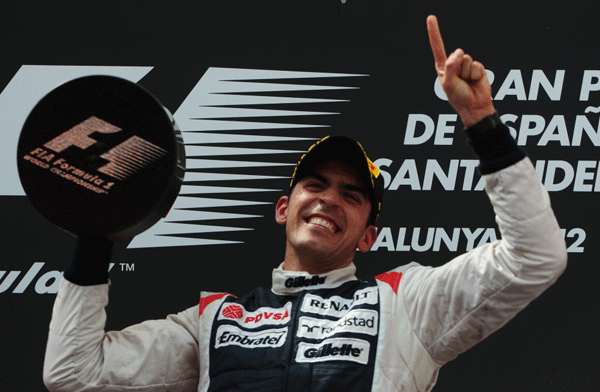
Let the driver prove himself before you start making judgements. A pay driver is not equal to an incompetent one and an incompetent driver cannot stay in the sport regardless of how much he (or his sponsors) paid. There’s very little margin for mediocre in this sport and that margin certainly does not get any wider with money.
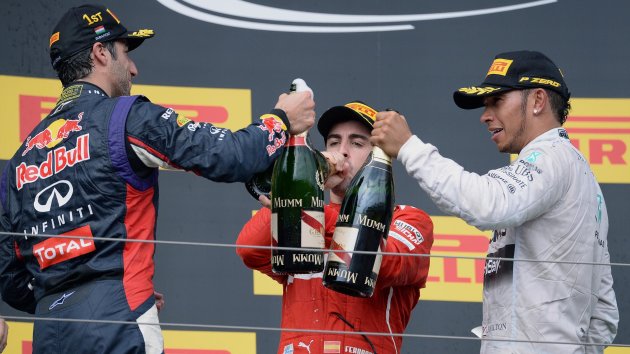



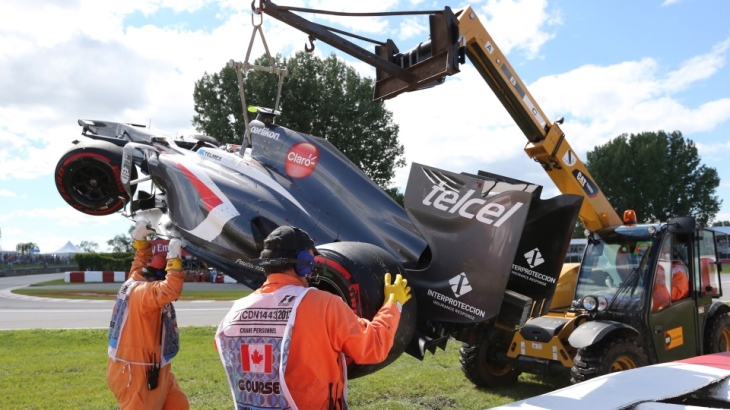
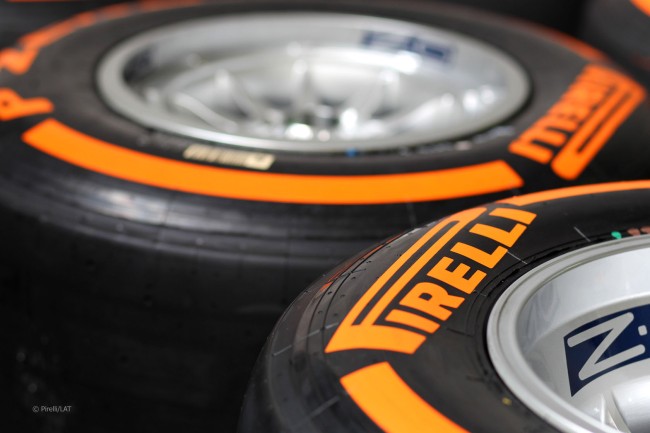
 g recently about pay drivers and how they’re degrading our beloved sport. But I have one question: Who exactly do you call a pay driver and what is this formula that equates a sponsored driver to an incompetent one?
g recently about pay drivers and how they’re degrading our beloved sport. But I have one question: Who exactly do you call a pay driver and what is this formula that equates a sponsored driver to an incompetent one?

